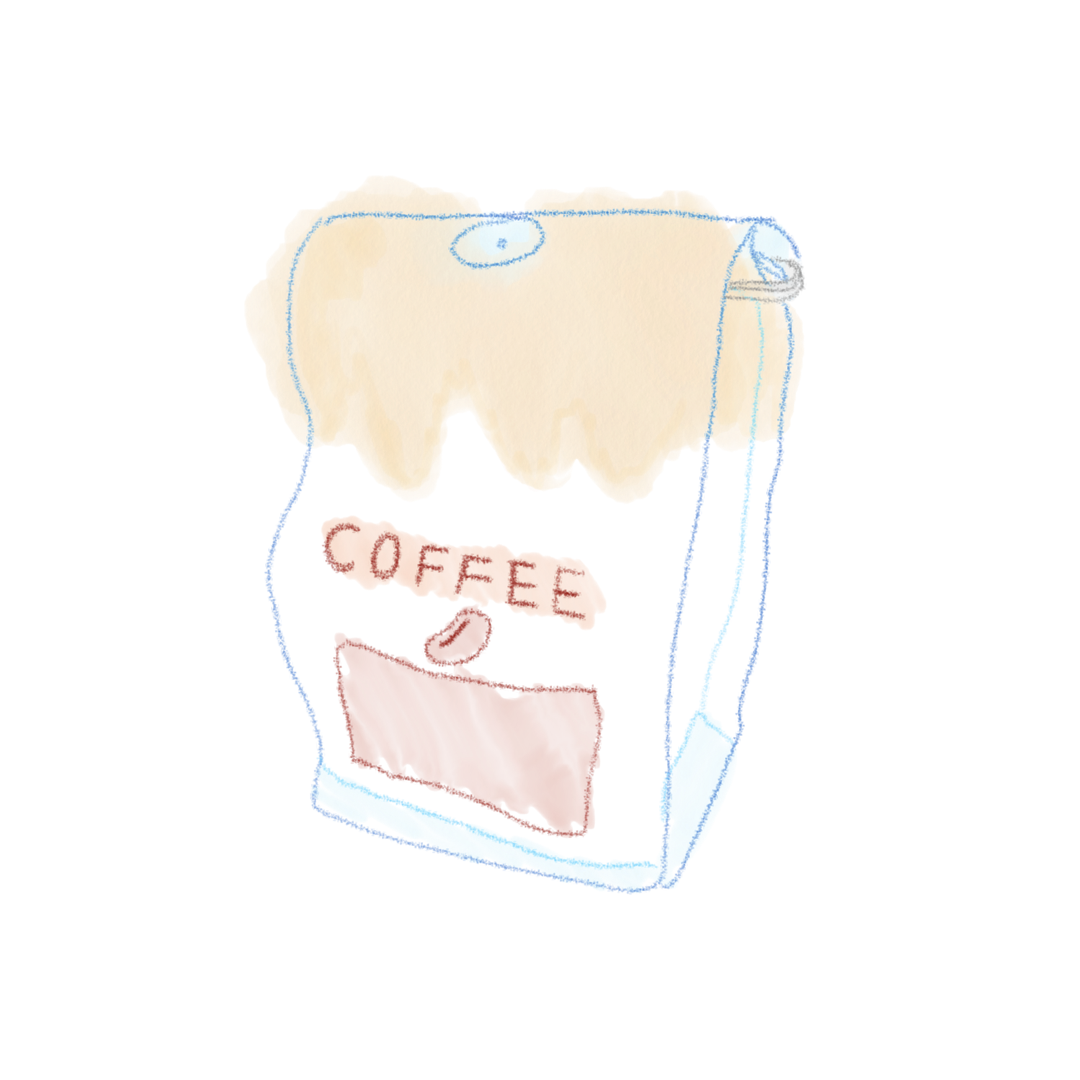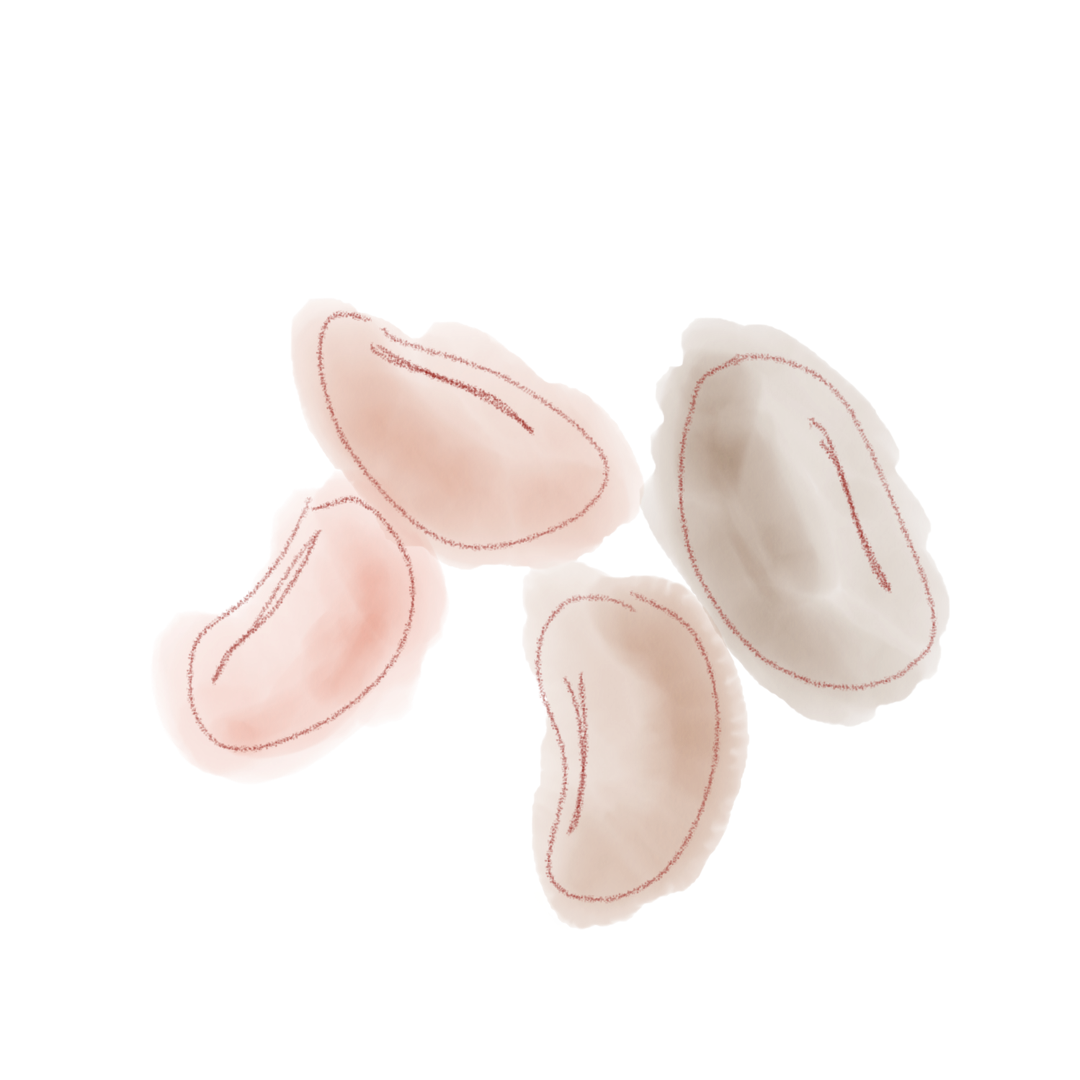Coffee
what to shop for
buying good coffee isn’t as simple as picking up a “fresh” bag at your grocery store (hint: don’t buy coffee from the grocery store), but it really isn’t that complicated either
-
this guide is focused on simple fundamentals, so nuances such as coffee origins or processing won’t be discussed
-
here are some things you should always keep in mind when buying the best coffee for you

this one’s easy:
always buy whole beans!
WHY?
pre-ground coffee loses flavor and becomes stale much more quickly (more on that in the “freshness” section)
-
your brewing method and tastes will also requiring dialing in the grind size for the best results, so pre-ground coffee is more likely than not going to be the wrong grind size
-
of course, this means you’ll need a grinder...
WHAT IF I DON’T HAVE A GRINDER?
if you have the budget (and count space), get one! (check the “grinder” section for more info)
-
but if you don’t, then it’s especially important to order directly from the roaster (or a coffee subscription service)
BUYING PRE-GROUND COFFEE
roasters (or subscription services) usually ship coffee that has just been roasted, guaranteeing fresher coffee
-
some roasters/subscription services may even ask what brew method you use in order to send you coffee at a more suitable a grind size
-
grocery stores, meanwhile, only carry a finer grind for espresso or drip machines

while this comes down to a matter of personal preference, if you want to truly taste the coffee (specifically for filter brewed coffee):
stick with light to medium roasts
WHY?
coffee beans are actually the seeds of the coffee fruit, and naturally have more acidic, bright, and fruity/floral notes unique to the type of coffee plant and growing conditions (such as location) when lightly roasted (to a light brown color)
-
roasting coffee longer (to medium) brings out chocolatey or nutty flavors
-
past that, the dark roasts become oily and taste more burnt or smokey, overpowering the original flavor
MYTH
so why is dark roast so common and what most associate coffee with?
-
the theory is that, historically, it was challenging and not economical to harvest coffee at a consistently high quality in large volumes
-
the overwhelming smokey taste of a dark roast would make lower grade coffee more acceptable, and also result in a longer shelf life (no natural aromas to worry about losing), making it appealing for mass production
ONE LAST THING
common household coffee brands found in a typical grocery store may market their coffee as “medium” or “blonde” / “light” roasts, but beware these are still on the dark-end of the roast spectrum
-
the best bet is to look out for coffee by specialty roasters (or better yet go to a local roaster / coffee shop if that’s an option)

pay special attention to that roast date on your bag of coffee:
roasters may specify when to start using brewing their coffee, but generally for whole beans wait at least 2-5 days after the roast date to brew, and aim to finish it within 2-3 weeks
WHY?
roasting coffee creates aromas in the beans that give it that “coffee flavor” we know and love
-
however, roasting also creates pores in the beans, which the aromas start escaping through from day 1
-
staleness (or lack of “freshness”) is when so much of these aromas have escaped that the great flavor is lost
-
this generally happens around 2-3 weeks after roasting
NOT JUST YET!
roasting also causes build-up of carbon dioxide (CO2), which can interfere with the brewing process (the bubbles create a barrier between the water and coffee, and can create a sour flavor)
-
fortunately, CO2 also escapes over time through the same pores as the flavor
-
it’s generally recommended to wait at least 2-5 days after roasting for whole beans (sooner for darker roasts since these are more porous)
KEEPING IT FRESH
keep in mind that coffee will only stay fresh if you take the right precautions
-
sunlight, heat, oxygen, and humidity can all react with and degrade coffee
-
that’s why its important to keep it stored in a cupboard or pantry in a sealed container, preferably opaque
-
good coffee usually comes in a bag with a one-way valve - when the bag is sealed, air can be pushed out and none will come back in
WHOLE BEANS ARE BEST
keeping coffee fresh is another reason to avoid buying it pre-ground
-
ground coffee has significantly increased surface area and exposed pores, allowing aromas to escape more quickly
-
this is why it is always recommended to buy whole beans and only grind them just before brewing
ONE LAST THING
don’t store your coffee in the fridge
-
there is a myth that doing this will keep your coffee fresh, but there’s reason to believe this actually does the opposite and ruins them
-
those crucial aromas will continue to release regardless of temperature, and the sudden change in temperature could also create condensation (i.e. humidity) that spoils the beans
